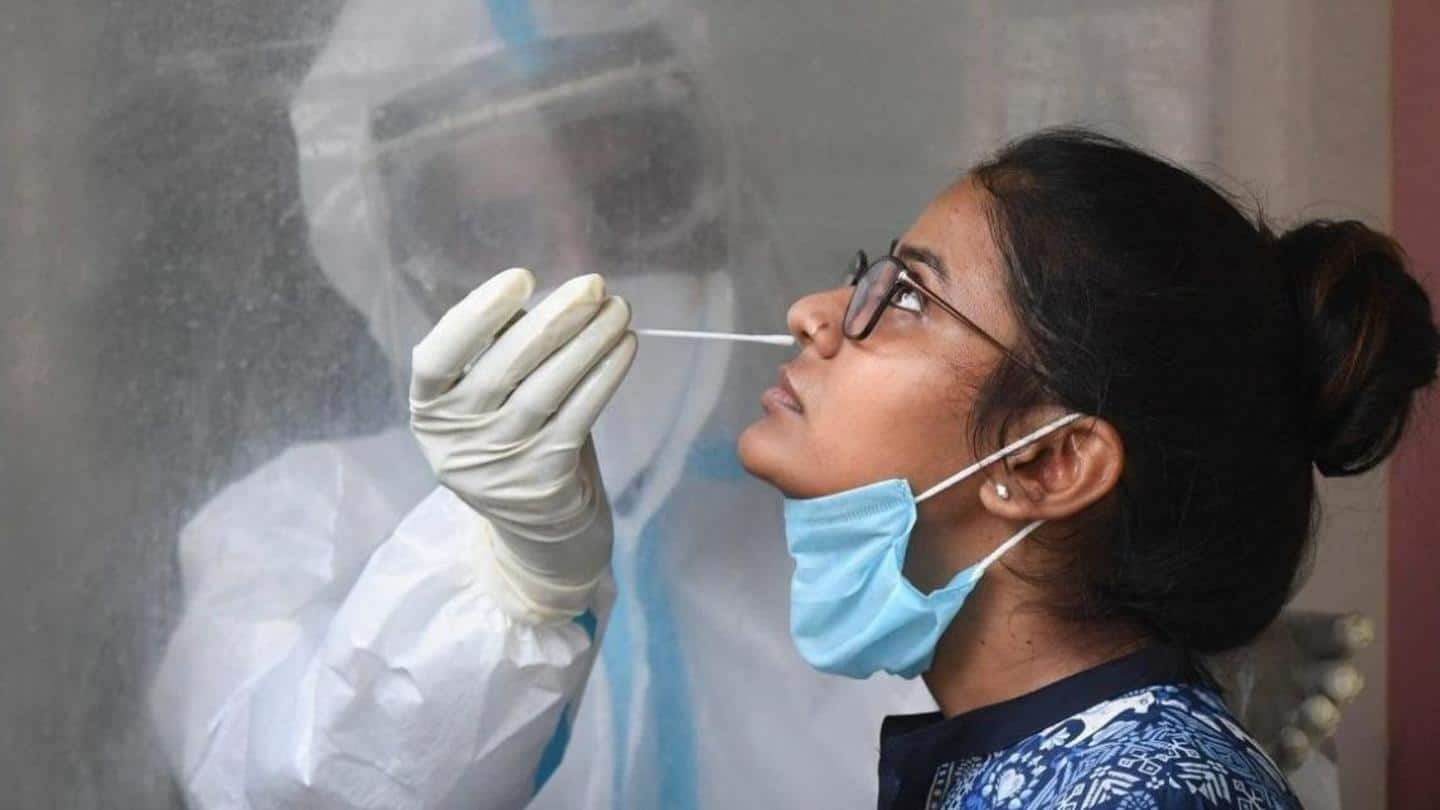
Coronavirus reinfections are possible, very rare, and significant
What's the story
In the early stages of the coronavirus pandemic, there were talks of herd immunity with a significant portion of the population contracting the viral infection.
However, reports of people getting reinfected after recovery have sparked fears of COVID-19 becoming an endemic and raised questions about the efficacy of vaccines.
Fortunately, genuine reinfections are quite rare. However, that doesn't make them any less insignificant.
Reinfections
Only 4 cases confirmed as reinfections so far
Out of the 38 million-plus coronavirus infections confirmed worldwide, only four people are said to have been actually reinfected (20 other reports await scientific review).
A 33-year-old Hong Kong man was confirmed to be the first case of coronavirus reinfection on August 24. The latest such case has emerged from Nevada, US, where a 25-year-old man got sicker on the second bout of COVID-19.
Information
89-year-old woman died after second infection
In another case, a 46-year-old man in Ecuador got sicker the second time around as compared to the first infection. An 89-year-old woman in the Netherlands died after getting reinfected with the virus. Curiously, the immune system is supposed to prevent more severe reinfections.
Prevalence
Many reinfected cases may go undetected
Although reinfections are rare, many cases may go undetected.
University of Washington immunologist Marion Pepper told The New York Times, "There are a lot of people that are going to also have been exposed that aren't having symptoms, that we're never going to hear about."
Yale University immunologist Dr. Akiko Iwasaki argued if reinfections were very common, we would have seen thousands of cases.
Reasons
What causes a reinfection?
There may be several reasons for a reinfection to occur, such as a weak immune response due to a mild first infection.
Other reasons may include a compromised immune system (as was the case with at least two of the four confirmed reinfections), genetic factors, or exposure to high viral load, which may trigger an infection sooner than the immune system can even react.
Classification
What differentiates disease resurgence from actual reinfections?
There have been many reports of claimed reinfections, where people who seemingly recovered from COVID-19 developed symptoms again, weeks or months later.
To confirm reinfections, scientists look at significant differences in the genes of the two coronaviruses causing both illnesses.
Mostly, these apparent reinfections involve a resurgence of symptoms that are linked to the original infection; it is different from actually getting infected twice.
Information
People may even experience chronic infections
In rare cases, a viral infection may never quite go away, triggering a chronic low-grade infection. Dr. Florian Krammer—an immunologist at the Icahn School of Medicine—told NYT that such persistent infections may occur even with the flu virus, if one's immune system is "sufficiently compromised."
Symptoms
Reinfections may be asymptomatic
Separately, a reinfection may occur without any symptoms, as was the case with the Hong Kong man, who experienced mild symptoms during the first bout of COVID-19, and remained asymptomatic the second time around.
He had only tested positive a second time during routine airport checking.
This becomes worrisome, as a reinfected asymptomatic person could unknowingly continue to infect others.
Vaccine
What does this mean for vaccines?
Reports of reinfections have also raised concerns about whether a person could contract COVID-19 even after receiving a vaccine.
However, experts have pointed out that vaccines are likely to generate a stronger immune response compared to natural infection.
Vaccines can also be manipulated to enhance immune memory, which would help trigger a better, longer-lasting immune response.